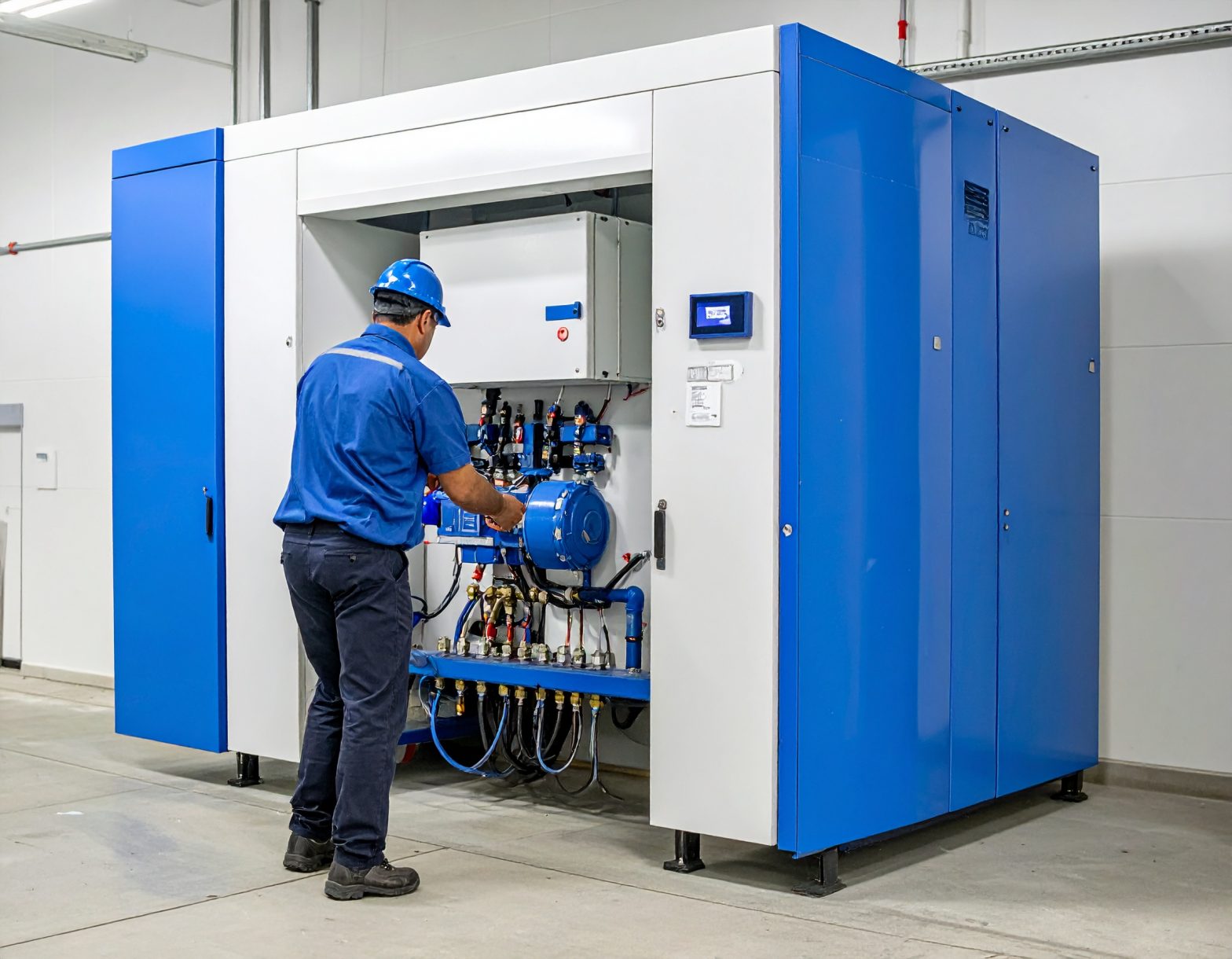Hard water is more than a minor inconvenience in commercial facilities. Mineral buildup can damage plumbing systems, reduce the efficiency of water heaters, and shorten the lifespan of costly equipment. For businesses that depend on consistent water quality, commercial water softener installation is not optional—it is essential.
Installing these systems requires careful planning, a thorough understanding of technical aspects, and effective long-term maintenance strategies. This blog outlines key considerations that plumbing experts should consider when installing commercial water softener systems.
Why Commercial Properties Need Water Softeners
Plumbing systems in commercial settings typically handle higher volumes of water than those in residential spaces. When hard water passes through these systems, calcium and magnesium deposits accumulate faster, creating challenges such as:
- Reduced efficiency in boilers, dishwashers, and water heaters
- Higher energy bills due to scale buildup
- Frequent maintenance calls for clogged pipes and fixtures
- Shortened lifespan of plumbing infrastructure
For facilities such as hotels, restaurants, hospitals, and manufacturing plants, water quality has a direct impact on both daily operations and operating costs. Professional water softener installation for businesses supports reliable operations, consistent water pressure, and reduced long-term costs. It also helps maintain consistent water pressure, protects investments, and promotes compliance with plumbing standards.
Key Considerations Before Installation
Plumbing professionals must evaluate several factors before installing a water softener in a commercial environment.
1. Water Hardness Levels
Testing the incoming water supply is the first step. The level of calcium and magnesium present determines the necessary type and size of softener. Commercial-grade testing kits or laboratory analysis provide accurate results to guide equipment selection.
2. System Capacity
Commercial properties require systems that handle large volumes of water without interruption. Capacity must align with daily water usage, peak demand periods, and long-term operational needs. Undersized systems lead to frequent regeneration cycles, while oversized units can be costly to maintain.
3. Regeneration Method
Different softeners regenerate in various ways:
- Metered Regeneration: Activates based on water usage, conserving salt and water.
- Time-Based Regeneration: Operates on a schedule regardless of demand.
- Demand-Initiated Regeneration: Offers efficiency by adapting to real-time usage.
Selecting the proper method ensures optimal performance while controlling operating costs.
4. Installation Location
It is important to install the system in a location with sufficient space, proper drainage, and easy access for future upkeep. Plumbing professionals must also confirm compliance with commercial water softener plumbing requirements and codes.
5. Impact on Plumbing and Equipment
Water softeners affect the performance and safety of plumbing systems. Professionals must account for backflow prevention devices, drainage requirements, and potential connections to boilers, commercial dishwashers, or HVAC systems. Proper planning prevents complications during and after installation.
Also Read:
Choosing Between Salt-Based and Salt-Free Water Softeners for Businesses
Proper Planning Ensures Reliable Performance
Commercial water softener installation requires more than simply placing equipment on-site. Proper evaluation, capacity planning, compliance checks, and system care schedules all play a role in achieving long-term efficiency. Plumbing professionals who approach installation with these considerations in mind help businesses protect their infrastructure and maintain reliable operations.
Contact J.A. Plumbing Inc. for professional commercial water softener system installation in Richmond Hill and the Greater Toronto Area. Our services come with a 2–3 year warranty, WSIB certification, or fast emergency response times.









